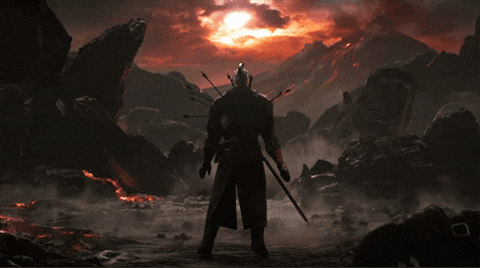The world of Dark Souls is a complex tapestry woven with threads of emotional storytelling, player choice, and unforgiving gameplay. This intricate design has captivated gamers for years, leaving them pondering the deeper meaning behind each decision they make in-game. The emotional impact of these choices can be felt long after players have put down their controllers, as the memories of fallen comrades and hard-won victories linger like echoes in a haunted cathedral.
At its core, Dark Souls is about making difficult decisions that often come with dire consequences. As you traverse through its treacherous landscapes, every choice you make shapes your character's journey - from the weapons they wield to the alliances they form or betray. This sense of agency empowers players to become active participants in their own narrative, shaping not only their gameplay experience but also how they perceive and interact with the world around them.
In a genre saturated with linear storylines and predetermined outcomes, Dark Souls stands out as an ode to player choice. It invites us to explore our moral compasses while navigating through its dark corridors, reminding us that every decision we make has far-reaching implications - both in the game world and beyond. By embracing this philosophy of nonlinear storytelling, Dark Souls offers a unique experience that resonates deeply with players on an emotional level, leaving them pondering their choices long after they've defeated its final boss.
